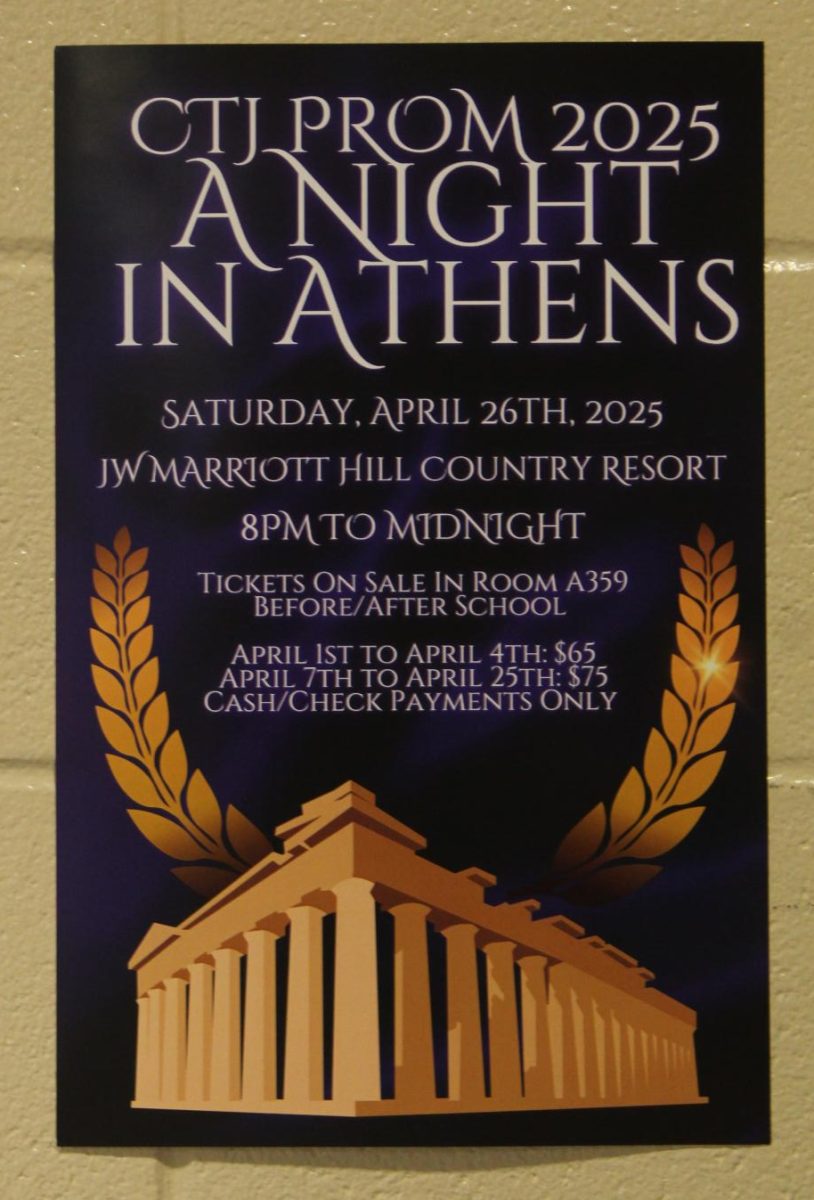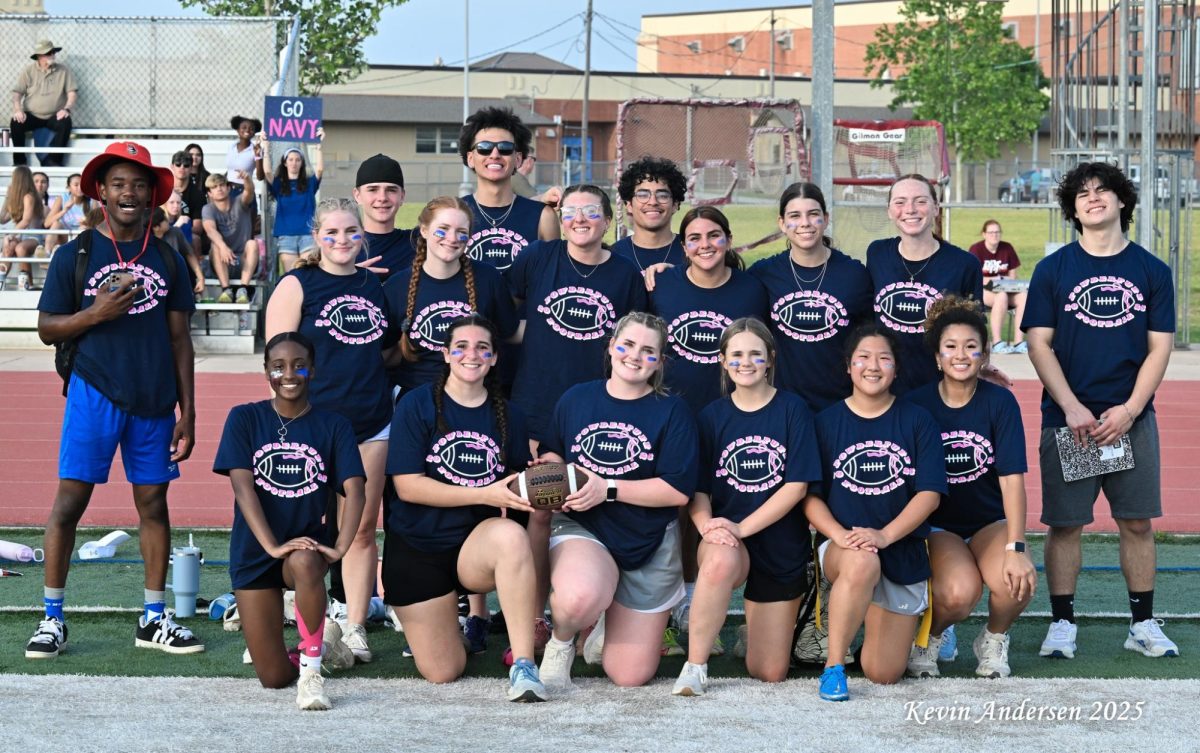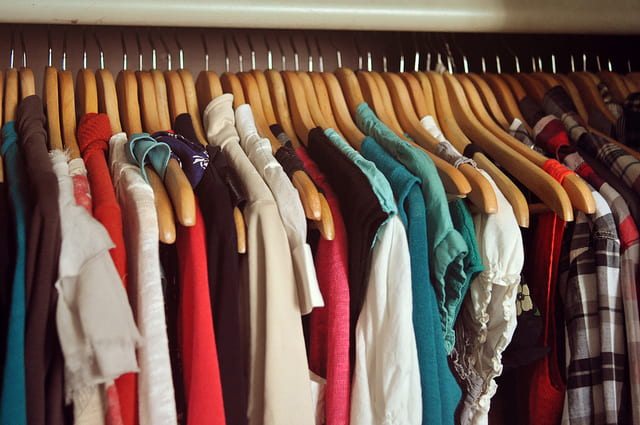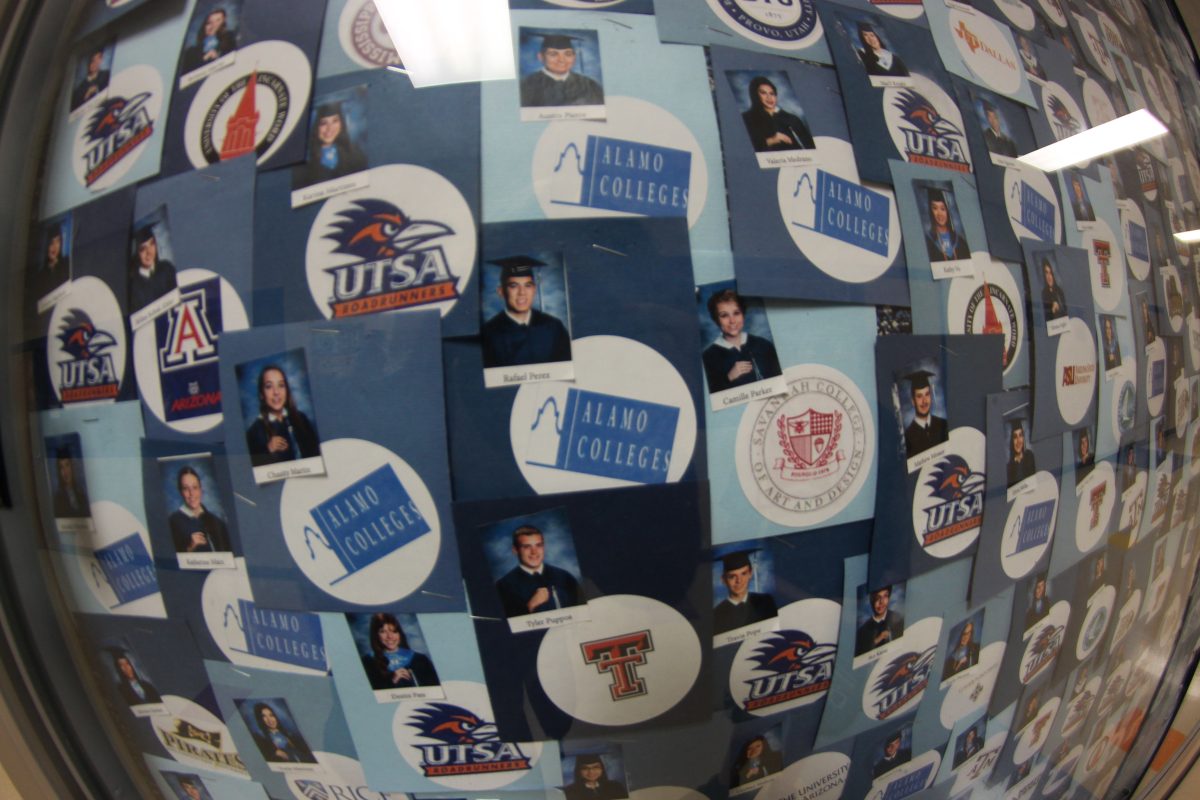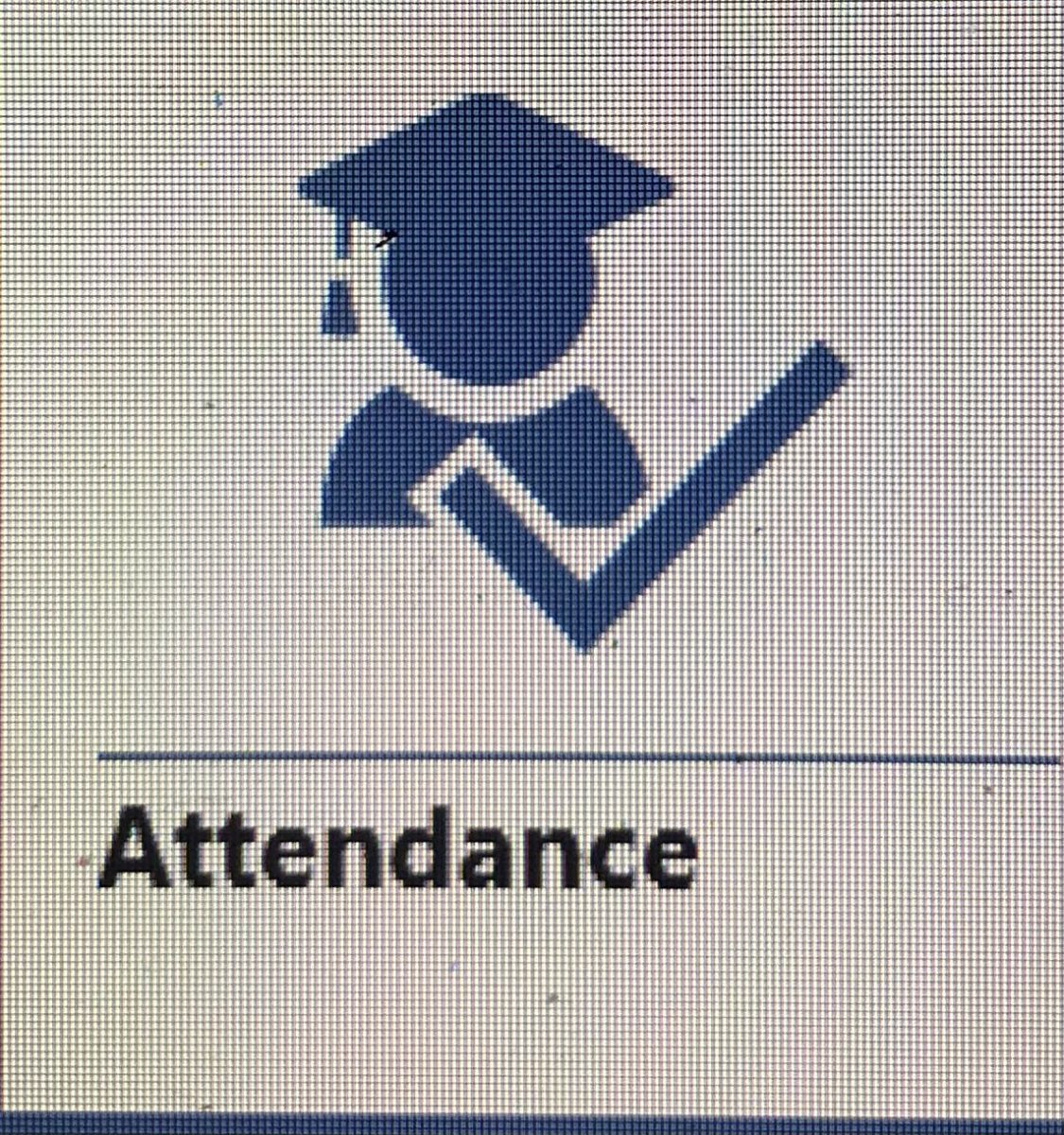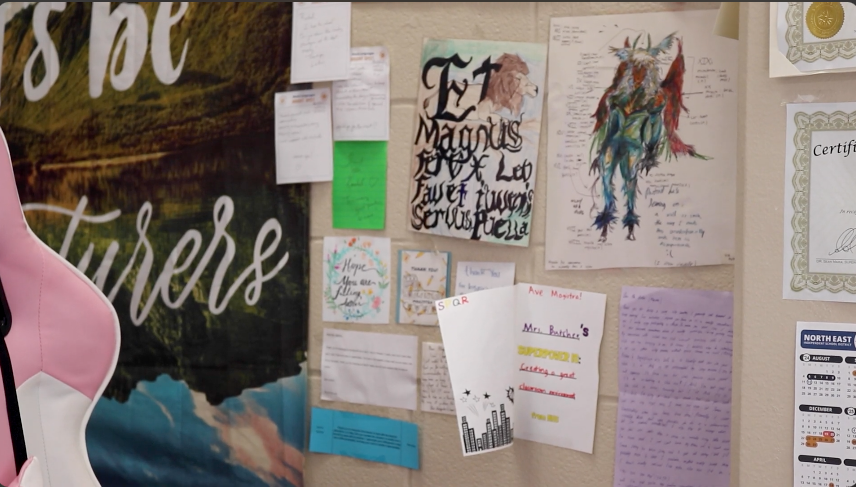by Madeline Kempf | Staff Writer
As the holidays arrive, many hype the Christmas spirit. The illuminating decorations of red and green are seen all over. Yet as the majority of American society prepares for St. Nick, the Islamic community is in the midst of their own holiday. One such reveler is sophomore Samita Charolia.
“We believe in giving and whatnot, and morals, and we don’t celebrate Christmas,” she said. “We have another holiday called Kushali and its like our spiritual leader’s birthday, so we call him imam. [It’s] on December 13. We get dressed up in pretty clothes and we have food and decorate our house with lights and to celebrate him being born.”
Kushali focuses more upon the mental state of the personal being. Participants reflect on their past and pray more often. Whereas when Christians and secular Americans are celebrating Christmas on the 25th, its not all that big a deal to Charolia.
“It’s just a regular day. I don’t get mad on why people emphasize Christianity more. It’s their belief, I respect them,” said Charolia.
Being in the midst of the yuletide season, the media tends to emphasize a commercialized Christmas with little room for other events.
“I don’t mind, because, of course, it’s America, and we’re diverse in America,” she said. “People wear like Hanukkah shirts and people wear Christmas shirts, but it doesn’t make a difference to me. Like, if I made a shirt that said Kushali or something, like, that’s fine by me.”
Numerous students of various backgrounds and upbringings celebrate the holidays in such a manner. Junior Anthony Ajani has celebrated both Ramadan and Christmas.
“I’m a Shia Islam Muslim,” he said. “Like, most Christians celebrate Christmas, and the Jewish celebrate Hanukkah, so we celebrate Ramadan. Especially when I was younger; I used to celebrate all the time. My father was really strict when I was younger. But now that my mother’s kinda taking control, we celebrate both. Like last year was Christmas and this year we’re kinda mending the two.”
Ajani describes his family’s traditions as a unique mesh of two very different events.
“We do the Christmas decorations and we celebrate on the day of Christmas, but before Christmas and everything like that, we invest in all the shopping; we celebrate Ramadan,” Ajani said.
How Ajani celebrates Ramadan throughout the holidays is by praying more and refocusing on his faith. As the winter break comes closer, he continues to stay close to his culture while turning his focus to Christmas as well.
“We look into our culture more deeply, and we care a lot more during these days, especially since my Imam’s birthday is December 13, so during those weeks and during that day especially, I celebrate my faith more,” he said.
Ajani appreciate his family’s take on the winter holidays.
“Having a mixed culture family is cool,” he said. “I’m really blessed to have them.”
Unlike Charolia, the commercialized Christmas concept is an effusive force in Ajani’s holiday experience.
“Oh my gosh! Its like, everywhere!” he said. “Having deals like all [those] Macy’s sales, and J.C. Penny… it’s a part of our culture now.”
Despite the sheer mass of commercial holiday propaganda, the junior takes a positive view on this aspect of the American experience.
“Sometimes it does feel overwhelming, but you know, it’s just apart of our culture. Being in the more-dominant Christian society, it’s going to be like that, so I don’t really mind it.”
His mindset is one of informed tolerance; perhaps a theme the season exemplifies both in and out of the Christmas context.
“I don’t believe that any culture should discriminate against any other,” Ajani said. “No matter how many people upscale their own culture or celebration, it all depends on how you feel on your own culture.”


